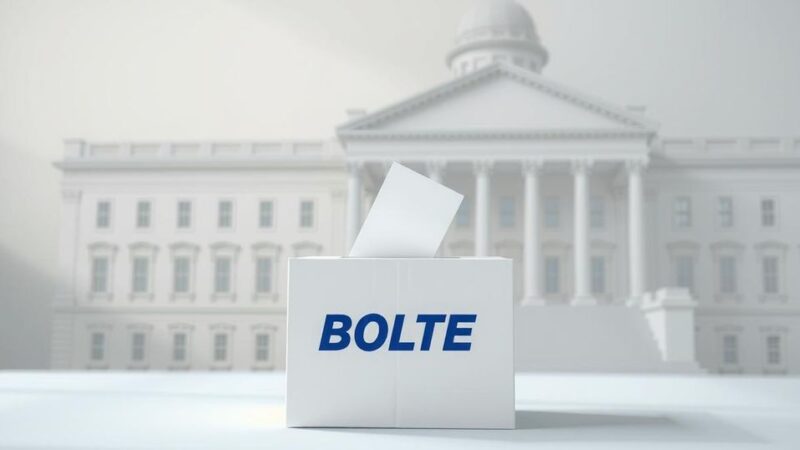Argentina’s Ministry of Deregulation is implementing significant cuts to government size and regulations under President Javier Milei, influencing economic recovery amidst international scrutiny. The government has halved ministries and reduced public sector jobs, drawing both praise and criticism. Notably, efforts have emerged as a parallel to Elon Musk’s Department of Government Efficiency, aiming at similar organizational optimizations.
In Argentina, the Ministry of Deregulation and State Transformation spearheads a bold initiative aimed at reducing government size and regulations, a year into this transformative experiment. The ministry’s efforts support Argentina’s embattled economy, drawing attention from notable figures like U.S. President Donald Trump and entrepreneur Elon Musk, who praise the country’s drastic measures to streamline operations. Deregulation Minister Federico Sturzenegger advocates a leaner government, believing a reduced state correlates with stronger economic growth.
Under President Javier Milei’s leadership, Argentina has significantly cut its governmental structure, reducing the number of ministries to eight and implementing layoffs within the public sector. The administration’s strategies reportedly led to a 10% reduction in public sector jobs last year while establishing suitability tests for remaining employees. These actions aim to cultivate a more efficient governmental framework that minimizes bureaucratic hindrance.
The collaboration between Milei and Musk has sparked discussions, particularly in relation to similar efforts in the United States, where Musk’s Department of Government Efficiency (DOGE) seeks to optimize federal operations. While Musk aims to reduce government employment significantly, Milei’s measures focus on deregulation that encourages market competitiveness and economic recovery, albeit within a different socio-economic context.
Despite having a stronger economic backdrop than Argentina, the U.S. government also grapples with challenges related to inefficient bureaucracy. Milei’s administration confronts obstacles, including limited congressional support and substantial economic issues, yet strives to implement reforms aligned with a pro-market philosophy. He emphasizes that reducing state interference could foster a healthier economy, while Bodega Mayor Silvina Batakis raises concerns over potential societal impacts.
Milei recently expressed that his market-oriented policies aim to attract investments and build confidence, emphasizing the need to dismantle regulatory barriers that stifle growth. His administration is exploring privatization opportunities while pushing back against efforts to retain certain social programs, which reflects a balancing act of advancing economic reforms while addressing public welfare.
The urgency of this deregulatory agenda is underscored by the bureaucratic challenges Argentina faces, ranking poorly on international regulatory indices. Sturzenegger highlighted the importance of systematic evaluations to eliminate unnecessary regulations, with initiatives such as public input portals to inform the deregulation process. As the government operates within a year-long decree to fast-track reforms, the administration appears committed to advancing its agenda before the opportunity expires.
In summary, Argentina’s government, under President Javier Milei, has embarked on a daring initiative to reduce the size of the state and streamline regulations, aiming to revitalize a struggling economy. This approach has caught international attention and prompted discussions of parallels with U.S. efforts to enhance government efficiency under Elon Musk’s new department. Despite facing significant challenges, Milei’s administration remains focused on enacting reforms that could potentially benefit economic growth, albeit at the risk of increased public resistance.
Original Source: www.usnews.com






